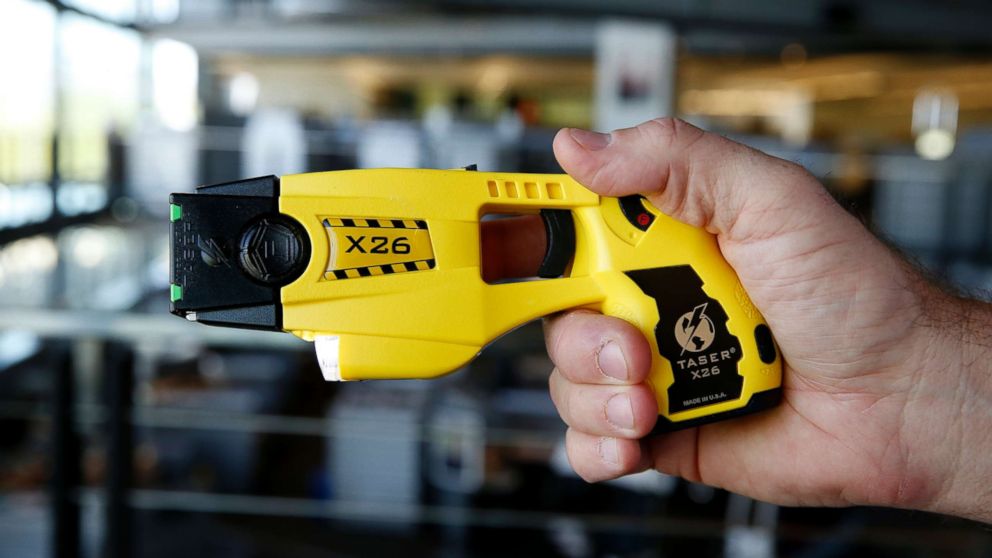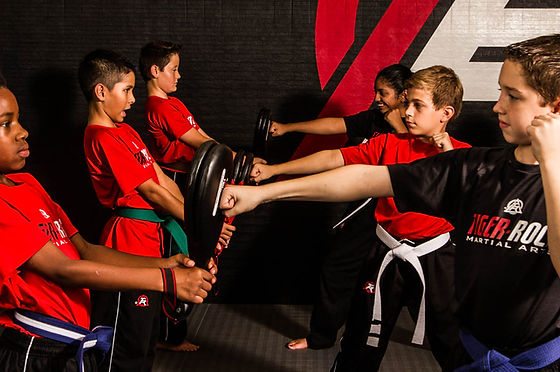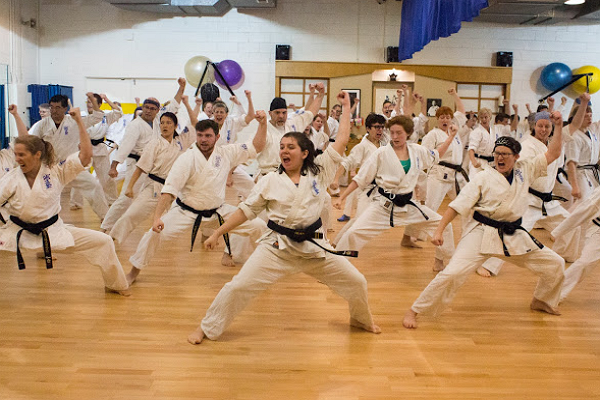
A face shield is a piece of personal protective equipment that protects the face from different hazards. These include road debris, flying objects, chemical splashes, and infectious materials. Protective shield against airborne pathogens
Protection against infectious airborne pathogens
Protecting your face against infectious airborne pathogens is possible with a face mask. Research has shown that the use of a mask to protect your face can help prevent you from getting infected. However, the effectiveness of the face shield depends on the type of virus inhaled and the likelihood of infection. Although individual-use masks are more effective than face shields they do not provide the same protection.

Types
There are many types of face shields, from those which only cover the forehead to more protective versions that cover the whole head. They can be purchased in smaller sizes to suit children. A Hong Kong manufacturer intends to sell these products via retail channels.
Comfortability
It is important to know the facts about face shields and the type of protection they provide before investing in one. A good face shield is made to protect the user's face from airborne germs and other potentially dangerous particles. There are many kinds of face masks. Choose one that you feel comfortable with. It is a good idea to test the shield out to make sure it is comfortable.
Protection from impact
A face shield provides additional protection for the eyes as well as your face. They are usually made of a transparent material that improves visibility. They can absorb and disperse chemical hazards as well as debris.
Efficacy
Face shields have many advantages. They can be easily washed and reused for multiple purposes. They are easier to wear than masks and allow users to show off their facial expressions. Face shields don’t hinder speech or make it difficult for others to communicate.

Labeling
Face shields should be labeled as medical devices. They are not meant to be worn as fashion accessories. In order to avoid confusions, labels should include clear instructions on how to use it. Some labeling materials include pictograms and text.
FAQ
Pepper spray is a great self-defense tool.
Pepper spray can be used for self-defense. It's fast-acting, and very easy to use. When using pepper spray, it is important to use the correct techniques.
As the first line against violent attackers, pepper spray shouldn't be used. If you are threatened by violence, call 911 immediately.
Do stun guns hurt people?
You're not wrong. A stun gun is a device that injects small amounts of current into the skin.
This doesn't cause permanent damage.
Are there legal requirements to own a stungun?
Some states require that you show proof of training before you can get a stungun.
Some states require that you register your stun gun with police.
You must notify law enforcement in other states if you move.
How much does it set you back to take a self defence course?
There are many self defense courses. It depends on whether you go in person or online.
Some schools charge about $50 per calendar month, while others charge up $200.
Check out your local community centers if you're looking to save money. These centers often offer self-defense lessons for free.
Statistics
- Verbal harassment was the most common form, but 51 percent of women said they were touched or groped in an unwelcome way, while 27 percent of women survived sexual assault. (healthline.com)
- Kung Fu alone has 400 unique martial art styles – and whilst you likely won't be able to find a school for each form, many other martial arts are completely different altogether. (budodragon.com)
- Most likely, the person will want some kind of boxing match, so if you can out-box them, this would be 100% ideal for survival. (budodragon.com)
- In a January 2018 survey of 1,000 women nationwide, 81 percent reported experiencing some form of sexual harassment, assault, or both in their lifetime. (healthline.com)
External Links
How To
How to Survive a Home Invasion
Home invasion can be a frightening thought, especially if there are children involved. We didn't know we would have to go through this ourselves when we started our home security system installation journey. Here are the lessons we have learned thus far.
-
You must not allow your kids to see the attackers. Two men broke into the house while our children were sleeping upstairs. They were kept downstairs until the police arrived. Our children were not hurt but the experience was enough for them to be traumatized.
-
Lock all valuables. The safe is located in our bedroom. We keep all valuables locked up. Even if someone is able to break into the house they won't have access.
-
Keep an eye out for burglars. We live in a neighbourhood that is notorious for burglaries. We pay attention to suspicious cars and people.
-
Always have a backup plan. Our family will be financially protected in case anything happens. We also have a plan to leave the country if necessary.
-
Be prepared. Be prepared in case you are ever forced to defend your own life. You should always have water and food on hand.
-
Call 911 First. Call 911 immediately after finding out someone is breaking into your house. It is better to call 911 immediately than wait for the authorities to come to your house.
-
Use common sense. Don't let anyone inside who doesn't belong there. Do not invite strangers.
-
Seek out help from neighbors and other people in the local area. If you feel uneasy, call friends or neighbors. They will be able to watch your back and call the police.
-
Be calm and follow the instructions of police officers. Keep calm and do as the officers direct. Don't run away or resist arrest.
-
Take Pictures Of Any Evidence. Take pictures of any evidence found during the investigation. You can take pictures of fingerprints, blood samples, or other evidence.
-
Local Law Enforcement Can Be Reported. Even if you are not the victim, it is a good idea to file a report with local law enforcement. It may help you avoid future criminal acts.
-
Get in touch with your insurance company immediately. You should immediately contact your insurance company. Tell them everything that happened and ask for an adjuster to come out to assess the damage.
-
Remove Personal Belongings. Remove personal belongings before leaving the scene. If you're wearing expensive jewelry, take it off and put it somewhere safe.
-
Make sure you take care of yourself. Clean up after yourself. Make sure you empty the trash, clean up any broken glass, and lock all doors.
-
Don't talk about the events. Talk about what happened to someone else. It is possible that someone might use the information against you.